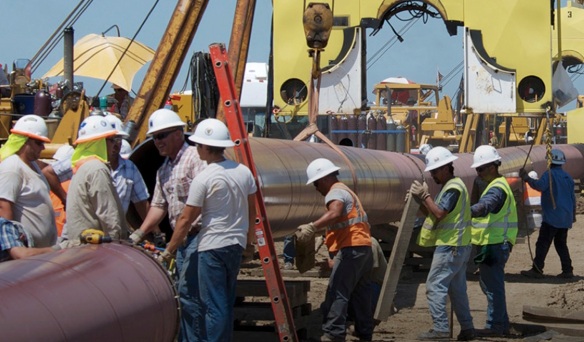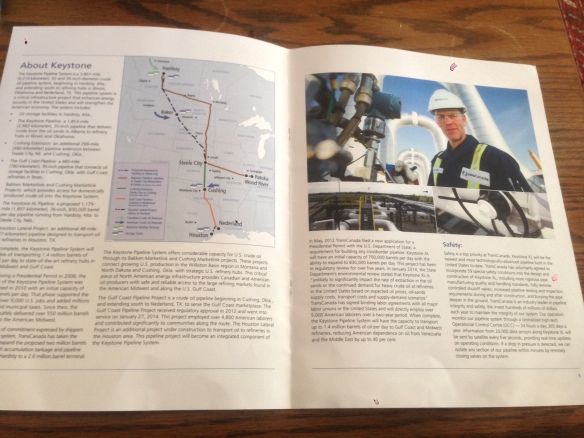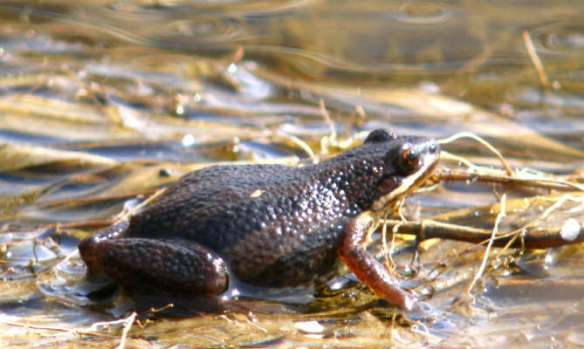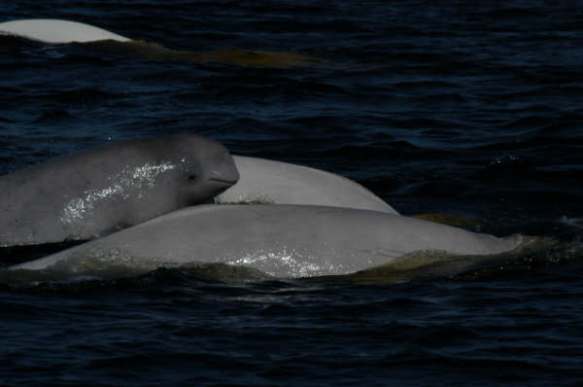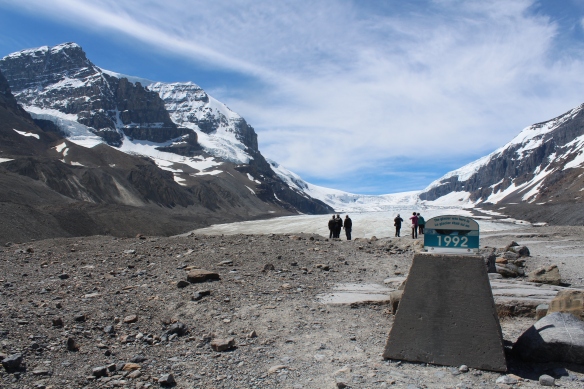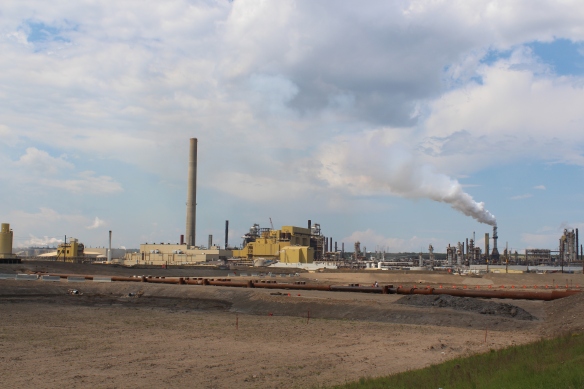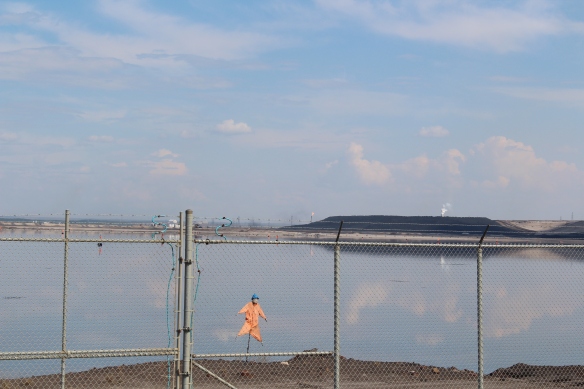
Media relations officials and diplomats discuss how to release as little information as possible about the Canadian government’s relationship with ALEC.
Getting access to records about government decisions and policies has long played a key role in the work of many journalists around the world. It will also be a key element for me in the weeks, months and years to come.
So to end off 2014, here are a few examples of some of my recent experiences with government efforts to either release or hide information.


